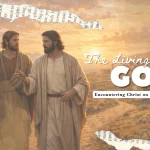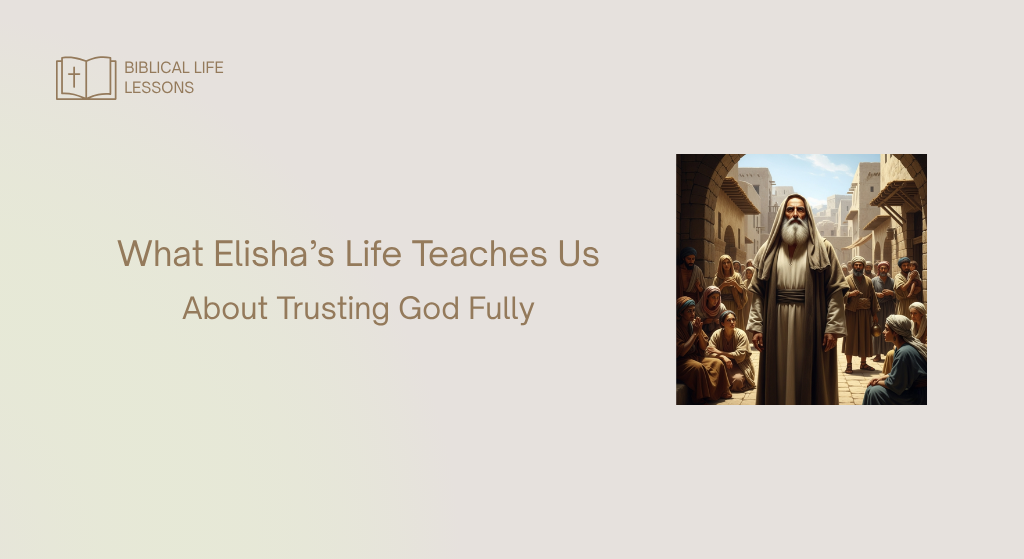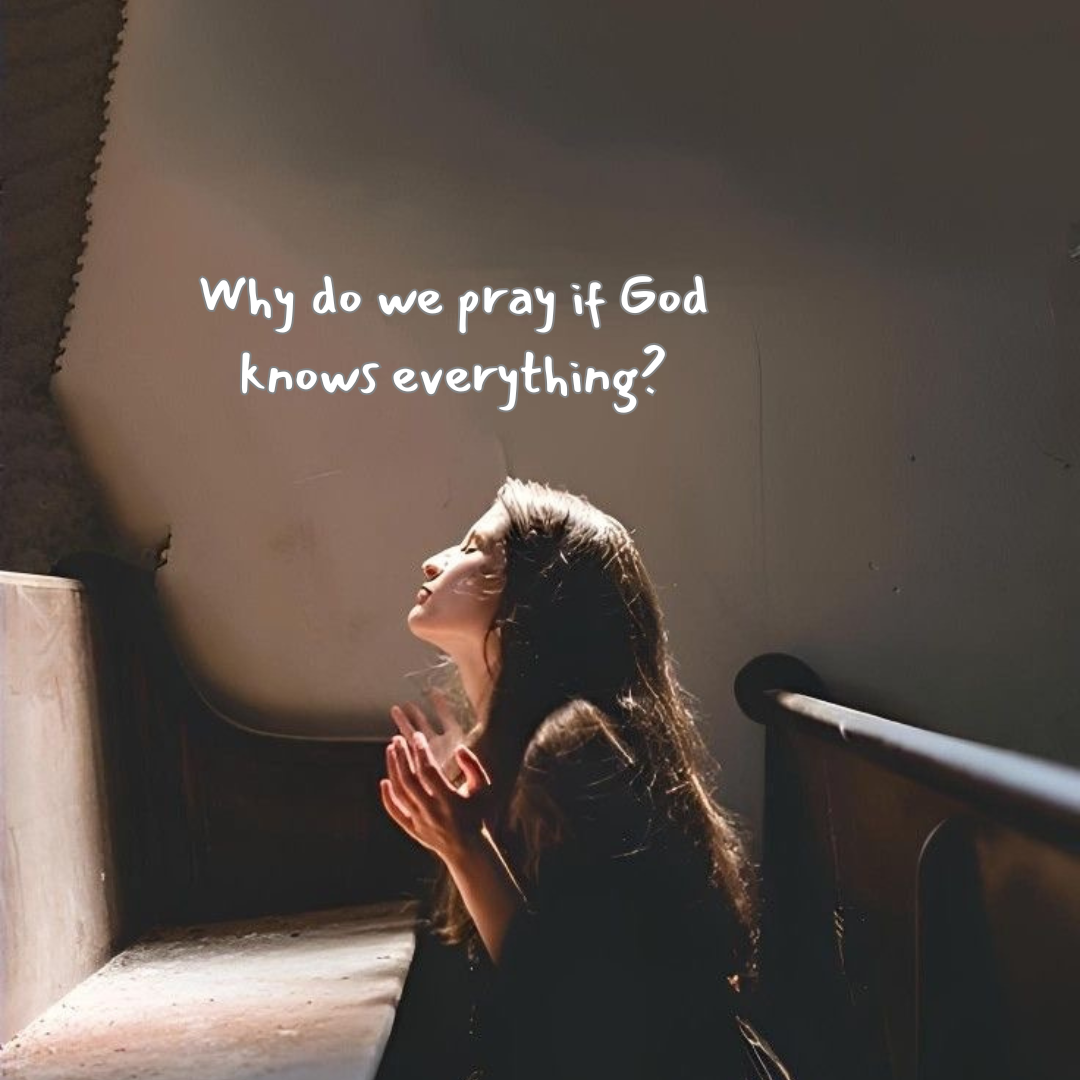In the pages of the Old Testament, Elisha stands out as a powerful prophet whose life was filled with miracles, bold faith, and unwavering trust in God. Succeeding Elijah, Elisha’s ministry reveals deep truths about what it means to rely on God wholeheartedly even when circumstances are uncertain or overwhelming. His life offers timeless lessons for anyone learning to deepen their trust in God today.
1. Trust Begins with Surrender
When Elisha was called by Elijah in 1 Kings 19:19–21, he was plowing a field with twelve yoke of oxen a sign of his family’s wealth. But upon receiving the call, Elisha slaughtered the oxen and burned the plow, symbolizing total surrender to God’s purpose.
Lesson: Trusting God begins with surrendering our own plans. Elisha’s willingness to leave behind security, family, and career illustrates the first step of faith letting go of control. We can’t fully trust God while clinging to our own safety nets. Like Elisha, we must burn our “plows” and walk forward in obedience.
2. God Equips Those Who Trust Him
Before Elisha began his prophetic ministry, he spent years serving Elijah. When Elijah was taken up to heaven, Elisha asked for a “double portion” of his spirit (2 Kings 2:9). God honored that bold request, and Elisha went on to perform twice as many recorded miracles as Elijah.
Lesson: Trusting God means believing He will equip us for the tasks ahead. Elisha didn’t rely on his own abilities he leaned into God’s power. When we step out in faith, we can be confident that God will provide what we need strength, wisdom, courage, and grace.
3. Faith in God Brings Miracles
Elisha’s ministry was marked by supernatural events: parting the Jordan River, multiplying oil for a poor widow, raising a dead boy to life, and healing Naaman’s leprosy. Each miracle pointed to a greater truth that God honors faith.
Lesson: Trusting God opens the door to divine intervention. Elisha didn’t seek miracles for his own glory; he acted out of obedience and compassion. Our role isn’t to make things happen, but to trust that God will work as we obey Him. Even in impossible situations, God is still the God of miracles.
4. Trusting God Means Walking in His Timing
Elisha didn’t always see immediate results. In some cases, like the Shunammite woman’s son being restored to life, the answer came after a period of pain and confusion. Elisha stayed faithful even when he didn’t fully understand God’s plan in the moment.
Lesson: Trust requires patience. God’s timing often stretches our faith, but Elisha’s example reminds us to keep believing even when answers are delayed. Trusting God fully means being faithful in the waiting season.
5. God’s Power Is Not Limited by Our Circumstances
Perhaps one of the most striking moments in Elisha’s life was when his servant feared an army surrounding them. Elisha prayed, “Lord, open his eyes that he may see,” and the servant saw the hills full of horses and chariots of fire (2 Kings 6:17).
Lesson: When we trust God, we begin to see beyond what’s visible. Elisha knew that God’s power was greater than any earthly threat. Trusting fully in God means living by faith, not by sight, and believing that His protection and provision are always present even when we feel overwhelmed.
Elisha’s Legacy of Trust
Elisha’s life was a living testimony of what it means to trust God fully. From radical surrender to walking in bold faith, he showed that trusting God is not passive it’s an active, daily choice. His story invites us to ask: Where am I still holding back? Am I willing to trust God completely, no matter what the cost?
By learning from Elisha’s faith-filled journey, we too can walk in deeper trust, knowing that the God who empowered Elisha is the same God who empowers us today.
Subscribe for Daily Email Devotionals









